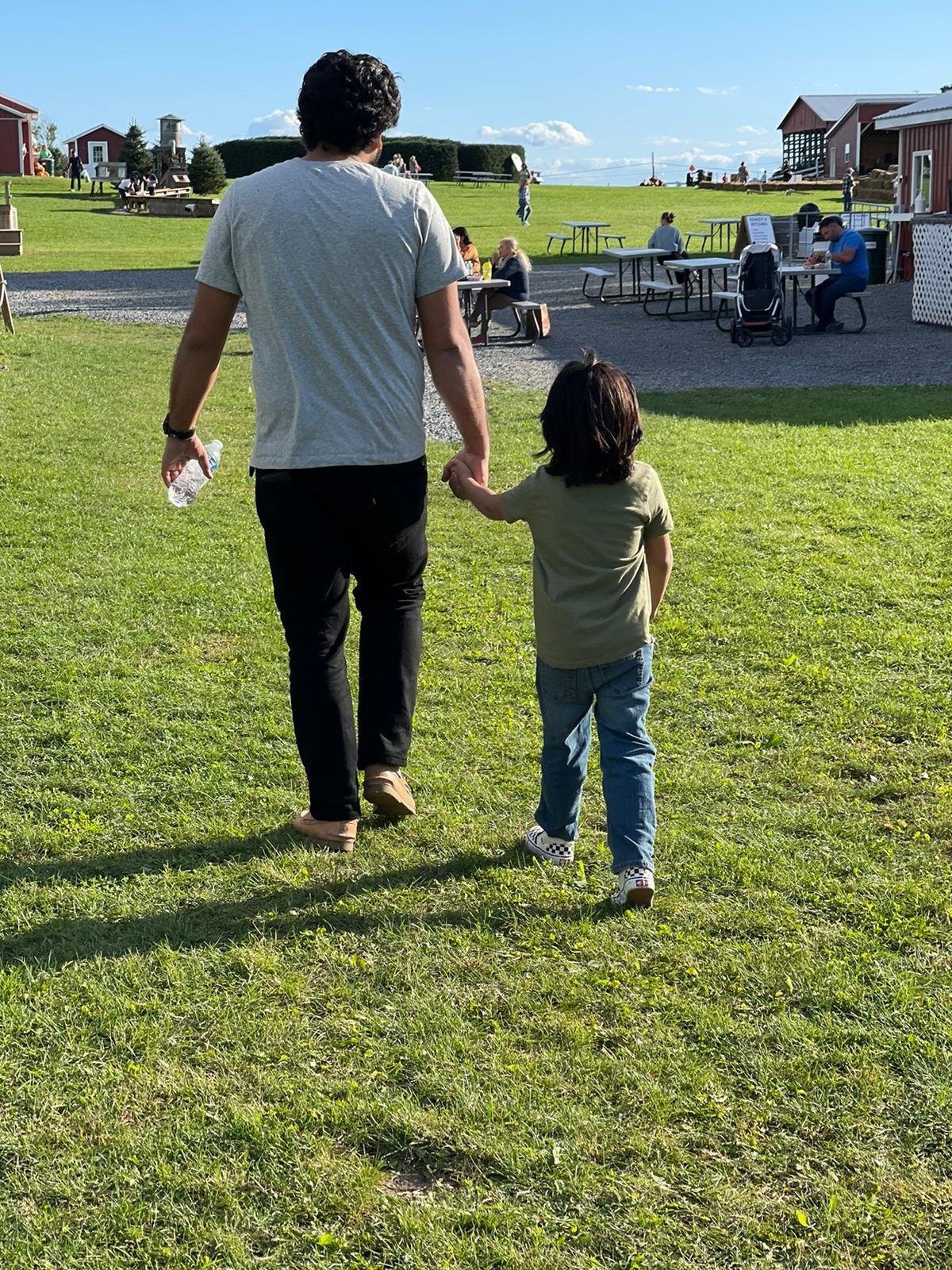Introduction
Every child is unique, and they develop at their own pace. However, for some children facing developmental challenges, reaching their full potential can be challenging. Floortime Therapy, also known as the Developmental, Individual-difference, Relationship-based (DIR) model, is an innovative and holistic therapeutic approach designed to address the needs of children with developmental delays, particularly those on the autism spectrum. In this blog, we will delve into the principles, techniques, and benefits of Floortime Therapy to help you gain a better understanding of this supportive intervention.What is Floortime Therapy?
Floortime Therapy is a child-centered and relationship-based approach to support children in their social, emotional, and cognitive development. It was developed by Dr. Stanley Greenspan, a renowned child psychiatrist, and Serena Wieder, a clinical psychologist. The therapy focuses on building a strong emotional connection between caregivers and children, recognizing that emotional and social development is the foundation for cognitive growth.Key Principles of Floortime Therapy
1. Engagement: The therapist or caregiver follows the child’s lead and interests, creating an environment where the child feels motivated to interact and communicate.2. Purposeful Play: Floortime is not just unstructured play; it is purposeful and goal-directed. It encourages the child to explore their world and build essential skills through interactive play.3. Emotional Connection: The therapy places a strong emphasis on emotional engagement, fostering a secure attachment between the child and caregiver or therapist.4. Developmental Levels: Floortime recognizes that children have individual differences in their developmental levels. It tailors the therapy to meet the child where they are in their development, helping them progress at their own pace.Techniques Used in Floortime Therapy
1. Observing and Joining: The caregiver or therapist observes the child’s interests and joins in their activities. This promotes shared attention and a sense of connection.2. Building Circles of Communication: Floortime encourages the child to engage in back-and-forth interactions, such as imitating sounds or actions. This helps develop communication skills.3. Expanding and Extending: As the child becomes more engaged, the therapist or caregiver expands on their play, introducing new ideas or challenges, and extending the child’s thinking and creativity.4. Problem-Solving: Floortime encourages children to work through challenges and problem-solve with the support of their caregiver or therapist. This helps them develop essential cognitive and social skills.Benefits of Floortime Therapy
1. Improved Social and Emotional Skills: Floortime therapy helps children develop essential social and emotional skills, such as recognizing emotions, engaging with others, and understanding social cues.2. Enhanced Communication: Through the focus on communication and interaction, children develop stronger language and communication abilities.3. Tailored to Individual Needs: Floortime therapy is flexible and can be adapted to meet each child’s unique developmental needs, making it suitable for a wide range of developmental challenges.4. Strengthening Caregiver-Child Bonds: Floortime therapy fosters strong emotional connections between caregivers and children, enhancing the overall quality of relationships within families.5. Holistic Approach: It takes a holistic approach to child development, recognizing that cognitive growth is built upon a foundation of emotional and social development.In Conclusion
Floortime Therapy, with its emphasis on building emotional connections and supporting individual differences in child development, offers a promising approach for children with developmental delays, including those on the autism spectrum. By engaging children in purposeful play and guiding their development based on their unique needs, Floortime therapy empowers children to unlock their full potential and fosters strong connections with their caregivers. If you have a child with developmental challenges, consider exploring Floortime Therapy as a holistic and effective approach to supporting their growth and development.


